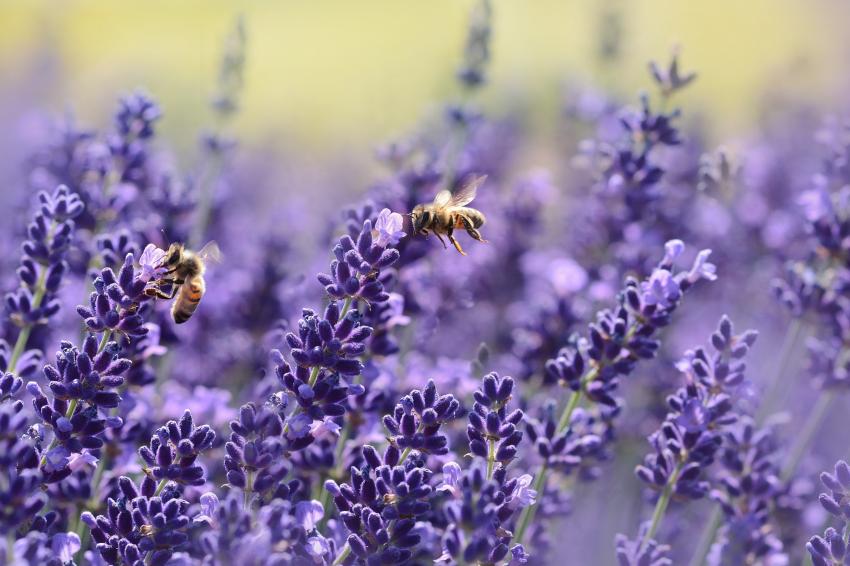MEPs Block Moves to Weaken Bee Protection
31.10.2019 -
Despite the European Standing Committee’s recent decision to add thiacloprid, the active ingredient in BayerCropScience’s Calypso and Biscayne insecticides, to the three other neonicotinoid-based pesticides (neonics) banned from use on outdoor crops, the European Parliament (EP) believes the EU’s approach is too timid.
With a vote of 533 votes to 67 and 100 abstentions MEPs have now rejected the Commission’s draft proposal for new pesticides legislation, which they say is insufficient to protect bees from harmful pesticides. The EU’s governing body must now introduce new legislation based on the “latest scientific and technical knowledge.”
The European Food Safety Authority’s (EFSA) 2013 guidance to cut the use of pesticides toxic to bees, which is currently being tightened to add thiacloprid, indicates how pesticides should be tested, with only products passing improved standards to remain available on the market.
More than half of EU member states have opted against tougher standards, the MEPs assert, adding that this has forced the Commission into a compromise to keep only provisions that protect bees against acute exposure while disregarding those that may have a chronic effect.
“It is unacceptable that Member States oppose the full implementation of the 2013 EFSA bee guidance,” the resolution says. In the EP’s view, the draft “does not represent the most recent developments in scientific and technical knowledge” and would not change the level of protection” already in place.”
The Parliament believes the Commission should have made full use of its powers, as the 16 member states impeding the application of the protection criteria “do not form a qualified majority.”
In the EU alone, the EP estimates that around 84 % of crop species and 78 % of wild flower species depend at least in part on animal pollination. Nearly €15 billion of the EU’s annual agricultural output is directly attributed to insect pollinators.





